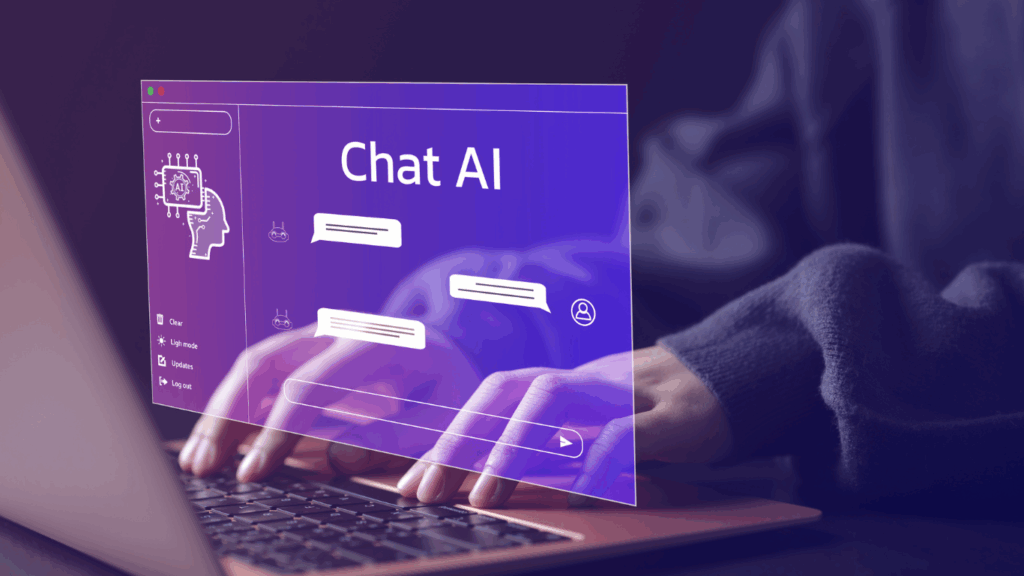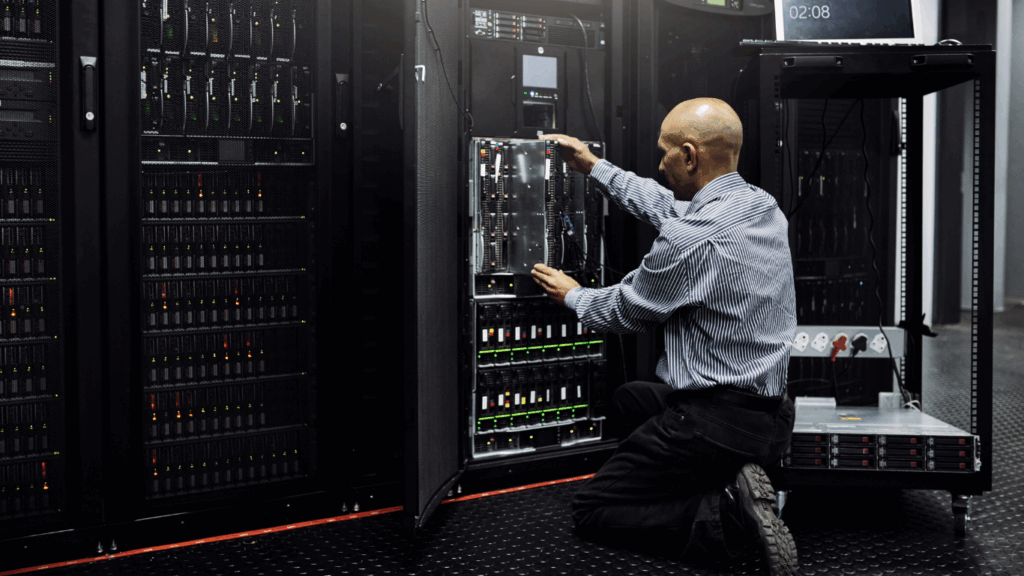As artificial intelligence continues its rapid evolution, 2025 has become a pivotal year for global regulation. Governments across the world are now grappling with how to manage the risks of generative models, algorithmic decision-making, and AI-powered infrastructure, while maintaining innovation and economic competitiveness.
In the European Union, the Artificial Intelligence Act officially came into force on August 1, 2024. It remains the most comprehensive AI regulatory framework globally. The legislation assigns risk categories to AI systems, banning those deemed unacceptable—such as social scoring and untargeted facial recognition in public. It also places strong compliance obligations on developers of high-risk systems and general-purpose AI (GPAI) models. In July 2025, the European Commission issued additional guidance through a voluntary Code of Practice, aimed at helping developers of GPAI systems meet transparency and safety standards without overburdening smaller players.
In the United States, regulatory direction has shifted with the change in administration. President Trump revoked President Biden’s 2023 Executive Order on AI and signed a new directive in January 2025 titled “Removing Barriers to American Leadership in Artificial Intelligence.” This order outlines a deregulatory approach that prioritizes innovation and national competitiveness. On July 23, 2025, the White House launched “America’s AI Action Plan,” comprising more than 90 initiatives spanning innovation, infrastructure, and security. The administration has also signaled its intention to limit federal support for states that impose restrictive AI laws, highlighting a preference for federal primacy and lighter oversight.
Meanwhile, Congress is pushing legislation to ban the use of Chinese-developed AI systems—such as those from DeepSeek and iFlyTek—in federal agencies, citing national security concerns. American companies including OpenAI, Google, and Meta have voiced general support for the Trump administration’s lighter regulatory touch, though some have warned of international compliance challenges.
China, for its part, continues to advocate for strong state oversight of AI. At the World Artificial Intelligence Conference (WAIC) in Shanghai in July 2025, Premier Li Qiang called for the creation of a global AI cooperation body headquartered in China. The proposal is seen as a strategic move to challenge the U.S.- and EU-led norms on AI ethics and governance. China also recently scrutinized Nvidia’s H20 chip over privacy concerns, signaling tightening regulatory control over AI hardware and foreign participation in the Chinese market.
The international stage is also becoming more active. In July 2025, BRICS leaders signed the Rio Declaration, calling on the United Nations to lead negotiations on a global AI governance treaty. Meanwhile, existing multilateral frameworks such as the Council of Europe’s Convention on AI and Human Rights, adopted in 2024, continue to gain traction.
As companies navigate this fragmented global landscape, they are increasingly investing in legal teams, compliance systems, and ethical oversight mechanisms. With AI systems growing more capable and autonomous, the balance between innovation, sovereignty, and safety will remain one of the central challenges of this technological era.
Sources
- EU AI Act Enters into Force (August 2024)
https://commission.europa.eu/news-and-media/news/ai-act-enters-force-2024-08-01_en - EU Will Not Delay AI Act Implementation (July 2025)
https://www.reuters.com/world/europe/artificial-intelligence-rules-go-ahead-no-pause-eu-commission-says-2025-07-04/ - EU Issues Code of Practice for GPAI Developers (July 2025)
https://apnews.com/article/a3df6a1a8789eea7fcd17bffc750e291 - Trump Signs Executive Order to Remove AI Regulations (January 2025)
https://www.whitehouse.gov/presidential-actions/2025/01/removing-barriers-to-american-leadership-in-artificial-intelligence/ - White House Unveils America’s AI Action Plan (July 2025)
https://www.whitehouse.gov/articles/2025/07/white-house-unveils-americas-ai-action-plan/ - White House Will Limit AI Funding to States with Restrictive Rules (July 2025)
https://www.reuters.com/legal/litigation/white-house-unveil-plan-push-us-ai-abroad-crack-down-restrictive-rules-document-2025-07-22/ - China Proposes Global AI Cooperation Body at WAIC 2025
https://www.reuters.com/world/china/china-proposes-new-global-ai-cooperation-organisation-2025-07-26/ - Li Qiang Calls for International AI Governance (July 2025)
https://www.theguardian.com/technology/2025/jul/26/china-calls-for-global-ai-cooperation-days-after-trump-administration-unveils-low-regulation-strategy - U.S. Bill to Ban Chinese AI Systems in Federal Agencies (July 2025)
https://apnews.com/article/0e352ec3fc222cc3e17fa1535209906b




